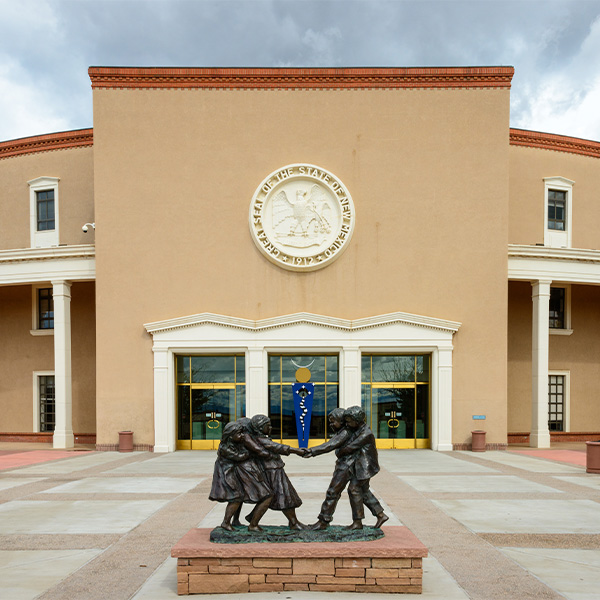North Carolina lawmakers on Tuesday peppered state utility regulators with questions about widespread outages stemming from a winter storm over the December holidays.
Duke Energy had to resort to rotating outages for the first time in its history on Dec. 24 to avoid even worse impacts as Winter Storm Elliott brought historic cold weather and extremely high demand, impacting about 500,000 — or 15% — of the utility’s customers.
The North Carolina Utilities Commission has been looking into the outages, but its investigation is still ongoing, Chair Charlotte Mitchell said during a hearing the state House of Representatives’ Energy and Public Utilities Committee.
The cold weather had been expected and utilities were planning to meet associated demand, but “the temperature dropped more rapidly than the weather forecasts were anticipating,” causing “problems for the utilities,” Mitchell said.
The rapid drop in temperature meant that the utilities’ load forecasts were off by 10% and that unexpected demand contributed to the outages.
“There had been no history of a temperature drop like the one that was experienced during that period of time,” Mitchell said. “So, the model was off, and to the extent that the model is the predicate for … the planning of generation resources to meet load there, there was sort of a problem.”
On top of that, the extreme cold impacted generation. Despite the NCUC’s focus on winterization for more than a decade, some units were knocked offline during the extreme cold.
Rep. Larry Strickland (R) asked whether regional markets, such as PJM, performed any better during the cold snap over the holidays.
“It’s tough to say whether it fared better,” NCUC Public Staff Executive Director Christopher Ayers said. “I can tell you PJM came very, very close to rolling blackouts. But they, to my understanding, did not experience rolling blackouts.”
Dominion Energy’s territory in northeastern North Carolina requires Ayers, the state’s consumer advocate, to follow PJM; he noted the RTO lost up to 23% of its generation and is in the process of “fining” generators who did not perform under its capacity performance mechanism.
“Is it possible that integrating the grid more closely with surrounding states could help prevent blackouts in North Carolina?” Strickland asked. “Shouldn’t we study this further to find out?”
Generally, the more integrated a state is in regional markets, the more resources it can call on and access it has to a greater diversity of supply, Ayers said.
“If they don’t have power to send you, then there’s no power to be received,” he added. “So, you know, there’s no easy answer to that, at least from what we have seen in the data that we have looked at.”
PJM was unable to bail out Duke’s utilities in the Carolinas during the cold snap because it was facing the same weather and also ran into supply issues, though it avoided rolling blackouts, Mitchell said.
The cold weather led to inaccuracies in the demand forecasts of other grid operators, including PJM, and while that experience will now be included the historical data feeding future forecasts, Mitchell said factoring in extreme weather is an important issue going forward.
“We are concerned about the divergence and the strain that it causes the system operators when all of this load shows up that they were not anticipating,” Mitchell said. “So, it’s an issue that we — sort of the greater universe of electric utilities, natural gas utilities and regulators — have to study.”




